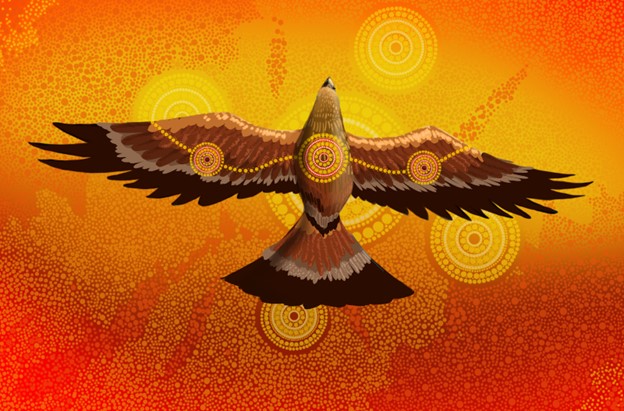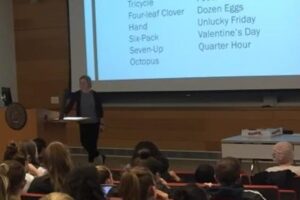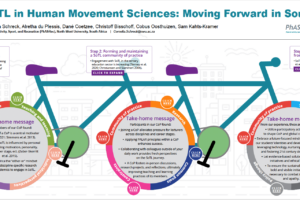
Soaring Beyond Boundaries: Unleashing the Transformative Power of Community-Led Research
By Michelle J. Eady and J. Michael Rifenburg
In academia, a captivating narrative of research emerges—one that breaks free from conventional confines and reaches for the skies. Inspired by Margaret Kovach’s keynote address at the 2022 ISSOTL conference in Kelowna, we (Michelle and Michael) reflect on our community-led SoTL work from the perspective of this narrative.
We frame our thinking with the metaphor of a hawk and seagull, a metaphor borrowed from Neil Drew (2006), a social psychologist with experience working with Aboriginal and Torres Strait Islander communities and groups. Through these avian metaphors, we illustrate the difference between researchers who extract what they want from community research participants and leave a mess behind (seagulls) and researchers who lift and support the community (hawks).
We ask: what if we could transcend this scavenger mentality of the seagull and forge a new path, like the hawk, guided by collaboration and profound impact?
Enter community-led research, where the seagull’s plight is replaced by a hawk’s triumph. We highlight the need for researchers to rethink how they share knowledge and to engage in community-led research that promotes reciprocity and collaboration.
Our collaboration began at Elon University, an international hub for innovative SoTL research. We were participants in a three-year research seminar sponsored by Elon University. During a lunch break, we were standing in the warm sun. We had concluded a large-group discussion on the ethics of research, and Michelle had introduced the group to Drew’s article on seagulls and hawks. People were intrigued.
Outside in the sun, Michelle began the conversation with Michael: what if there was an Eady and Rifenburg piece out there that talked about being hawks?, she mused. Michael continued the question with more what if statements.
We talked and talked and talked; we were late for our next group session.
And this essay began.
Read the TLI article here.




